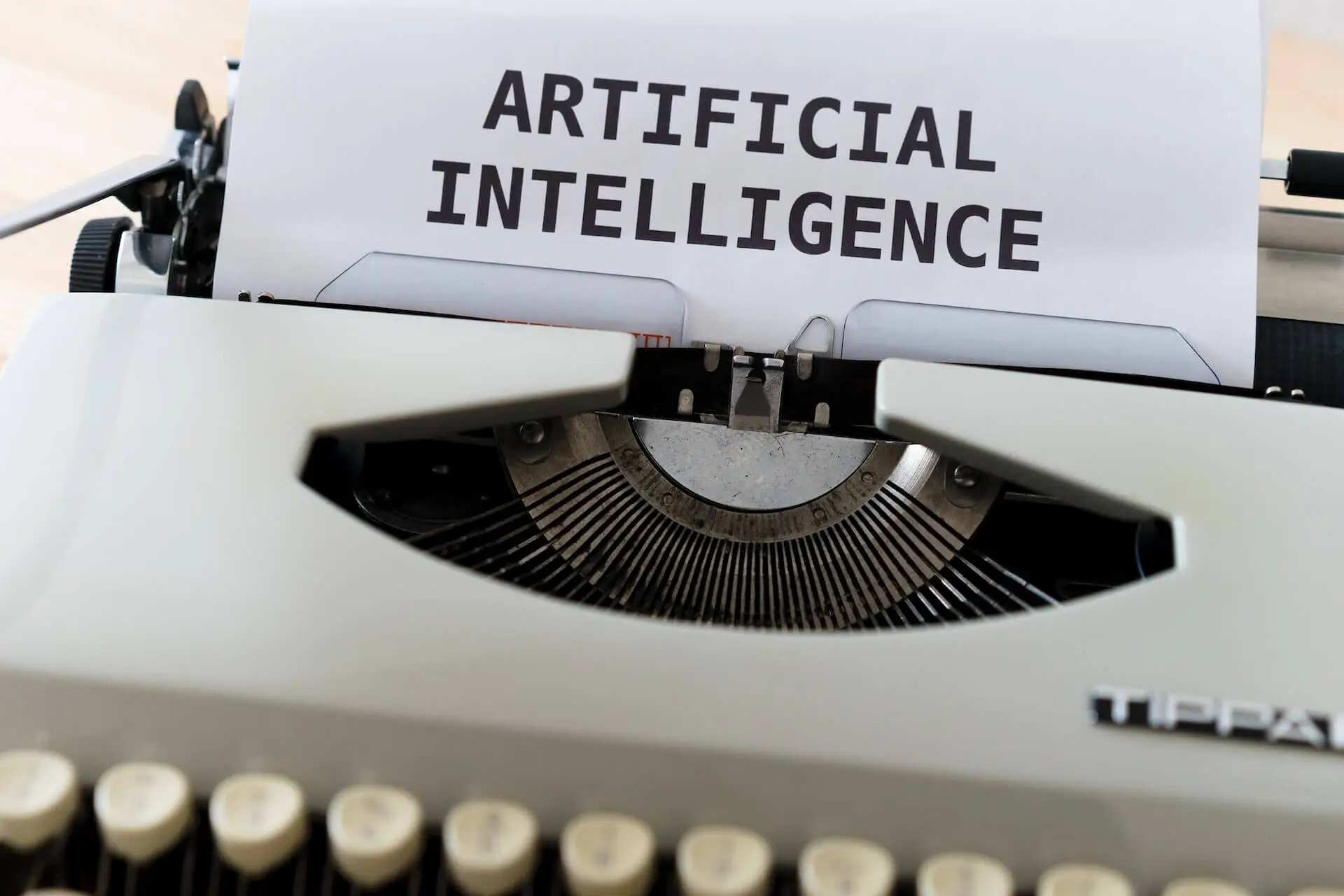Originally published January 31, 2023 , updated on July 11, 2024
ChatGPT took the internet by storm when it was released in November 2022, crossing the 1 million signup milestone within a week of its release.
Since then, it has garnered over 300 million monthly visitors to the OpenAI website, with the number only set to increase. As a result, artificial intelligence (AI) and its applications have become a strong area of focus.
AI content writing through ChatGPT can have a significant impact on various industries. Some of these include customer service, education, and advertising. As the technology improves, more industries are expected to incorporate ChatGPT in their operations.

ChatGPT and other AI content creator models is already having significant impact on the content industry. People use these bots to generate a wide variety of content, including blog articles, product descriptions, and social media posts.
Text can be generated through ChatGPT by providing the platform a prompt, which is starting text or a question. The AI content creator subsequently generates a continuation of that text or an answer to the question. The prompt can be anything from a simple sentence to a more complex question or scenario. The generated text can even be fine-tuned to suit the specific style and tone of the desired content.
So, what does AI content creation mean for businesses? Can businesses use it to create content for blogs, websites, newsletters, whitepapers, etc? Can it replace writers and editors? How much money can you save by leveraging AI-generated content? What is the desirable level of human intervention?
Let’s find out.
Pros and Cons of Artificial Intelligence Content Writing
Content marketing is one of the most important strategies organisations have in their marketing toolbox. The advent of AI content creation has the potential to take content creation to the next level.
However, it’s important to realise that even though artificial intelligence content writing sounds very promising, it has some disadvantages.
Let’s deep-dive into the pros and cons of AI content creator models to develop a holistic strategy for your organisation.
Pros of AI-generated Content
AI content creation can bring significant benefits to website content writing. Here are a few reasons why:
Efficiency: ChatGPT can generate high-quality content at a much faster rate than human writers, which can help increase the efficiency and speed at which content is created. This is particularly useful for businesses that need to produce a large volume of content on a regular basis.
Consistency: ChatGPT can generate content that’s consistent in terms of tone, style, and formatting, which can help to maintain a consistent brand voice across all your content, whether published on your website or social media.
Personalisation: ChatGPT can generate personalised content based on user data, such as demographics or browsing history. This can help to increase the relevance and effectiveness of the content, which can lead to higher engagement and conversion rates.
Scalability: You can use ChatGPT to generate content in multiple languages, which can help to increase the reach and scalability of your website’s content. This can be especially useful for businesses that operate in multiple countries or have a global audience.
Cost-effective: Using AI content creators can be cost-effective for businesses such as yours. As it eliminates the need for human writers and reduces the time needed for content creation, it can save a significant amount of money in the long run.
Cons of AI-generated Content
Here are some downsides of using artificial intelligence content writing:
Lack of Creativity: AI content creation may produce text that lack the creativity and originality that human writers can bring. The content generated by AI can be formulaic, generic and lack the unique voice that makes content stand out. This can make it less engaging and less likely to attract and retain readers.
Inaccuracy: AI-generated content may contain errors and inaccuracies, particularly when it comes to complex or technical subjects. It may also fail to capture the nuances of language and cultural context, which can lead to confusion or offense.
Legal Issues: Using AI-generated content could lead to legal challenges as it might not always be compliant with copyright laws. Since the content is generated by an AI model and not written by a human, it may not be considered original and could lead to copyright infringement.
Ethical Concerns: Using AI-generated content raises ethical concerns as it may take away job opportunities from human writers. It could also lead to a decrease in the quality of information available on the internet, as the content generated by AI may lack the critical thinking and fact-checking that human writers provide.
Lack of Emotion: AI-generated content may lack the emotional connection that human-written content can have. This is because artificial intelligence content writing is based on patterns and data. It can’t truly understand human emotions, making it harder to connect with the target audience.

The Way Ahead for Artificial Intelligence Content Writing
Mixing ChatGPT or other artificial intelligence content writing tools with human writers is a good way to balance the pros and cons.
The AI tools can create well-written content fast but might not be as creative or understand the nuances of the particular audience. In turn, human writers have this skill. By using both AI and human writers, businesses can ensure their content is correct, interesting, and legal. Also, using AI-generated content along with human writers can help to protect the jobs of human writers and keep the quality of the information you provide high.
While ChatGPT is here to change the way content is created, it doesn’t mean it’s a threat to human competence. Organisations can get the best of both worlds by identifying the sweet spot that works for them – one that takes their content marketing to the next level.
Post Views: 1557




















